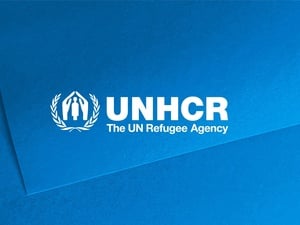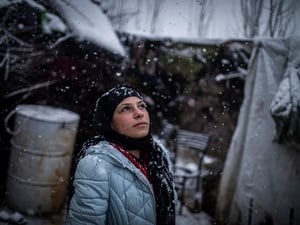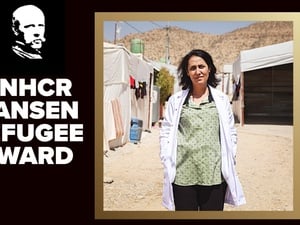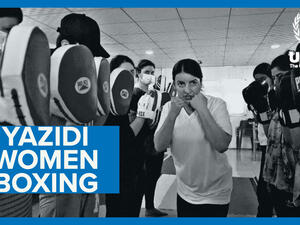High Commissioner in Iraq region
High Commissioner in Iraq region
Today, the High Commissioner is spending his second day in northern Iraq. This morning he had a meeting in the city of Sulaymaniyah with senior officials of the Patriotic Union of Kurdistan (PUK) - one of the two main Kurdish political parties - including the "prime minister" of the local government of Suliymaniyah, Barham Salih.
One of the main issues discussed was possible solutions for the hundreds of thousands of people, mostly Kurds, who were forcibly displaced under Saddam Hussein's devastating "Arabisation" policy.
When he came out of the meeting, a short while ago, the High Commissioner said a major challenge now is to reverse this, so that the Kurds who were expelled can return to their homes. He sees this as a priority. Of course, fair solutions are also needed for the Arab families who were resettled by Saddam Hussein in the Kirkuk area, he said.
He said that UNHCR is ready to work on this issue but responsibility for this lies primarily with the new authorities in Iraq, and particularly the Provisional Authority. While the liberation of Kirkuk was done in an exemplary way, we now need to follow up on this, and to follow up quickly, to prevent disillusionment and renewed conflict, Mr. Lubbers said.
This afternoon, the High Commissioner will visit an IDP site in a suburb of Sulaymaniyah, in order to get first - hand experience of the problems they face.
Yesterday afternoon, in the city of Erbil, the High Commissioner held similar discussions with leading officials of the other main Kurdish party, the Kurdistan Democratic Party (KDP), including the "deputy prime minister" of the local government, Sami Abdul Rahman.
Earlier yesterday, he had flown in from Jordan where he began his eight - day, four - nation tour. After a series of meetings with King Abdullah II, Foreign Minister Marwan Muasher and other senior officials, the High Commissioner welcomed the Jordanian government's decision to allow Iraqis to remain in Jordan while conditions remain unsettled inside Iraq. There are believed to be between 200,000 and 300,000 Iraqis living in a refugee - like situation in Jordan, although the number formally recognized as refugees is much lower.
Mr. Lubbers also urged the Jordanian government to allow vulnerable refugees stuck at the border to enter the country on humanitarian grounds. Government officials told him they would look into special cases among the 1,200 people currently living in no - man's land on the Jordan - Iraq border.







